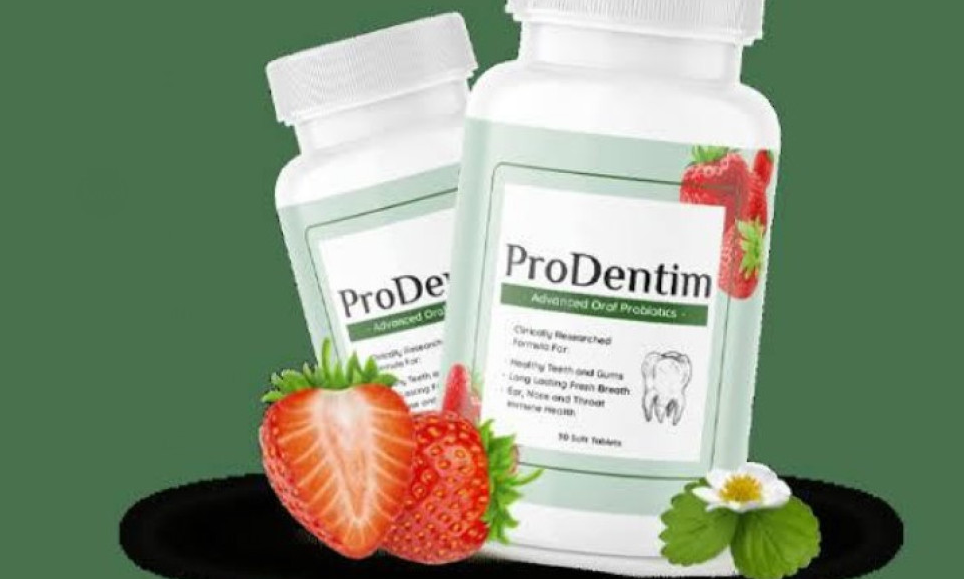
When it comes to our health, we all want to make the best choices possible. This is why so many of us turn to dietary supplements in an effort to improve our well-being. But are dietary supplements really what they’re cracked up to be? In this blog post, we will take a closer look at dietary supplements and explore the truth about them. We’ll discuss what they are, how they work, and whether or not they are right for you. So sit back and relax while we dive into the world of dietary supplements!
Looking for information and news about supplements for oral health, know more on https://www.firstpost.com/.
The following are some of the most important points to consider before purchasing dietary supplements.
It’s no secret that the supplement industry is a multi-billion dollar business. In fact, it’s estimated that Americans spend over $30 billion dollars on supplements each year. But do these supplements actually work? And are they safe? Let’s take a look at the science behind some of the most popular dietary supplements on the market today.
One of the most common questions people have about supplements is whether or not they actually work. The answer to this question depends on the specific supplement you’re talking about. For example, there is strong evidence that omega-three fatty acids can help improve heart health and cognitive function (link to sources). However, there is less evidence to support claims that vitamin C can prevent colds or that green tea can help with weight loss.
When it comes to safety, dietary supplements are not regulated by the FDA in the same way that drugs are. This means that there is no guarantee that a supplement is safe or effective. Additionally, supplements can interact with other medications you may be taking, so it’s important to speak with your doctor before starting any new supplement regimen.
In the end
This is not to say that dietary supplements are completely useless. Some vitamins and minerals are essential for our health and cannot be obtained through diet alone. However, it is important to remember that supplements should only be used to supplement an already healthy diet, and not as a replacement for good nutrition.